Welcome to another issue of The Newport Cornucopia where we dig through the newspapers archives for interesting news articles and adverts. All articles are posted verbatim and most headlines are original (headlines in quotes are my own).

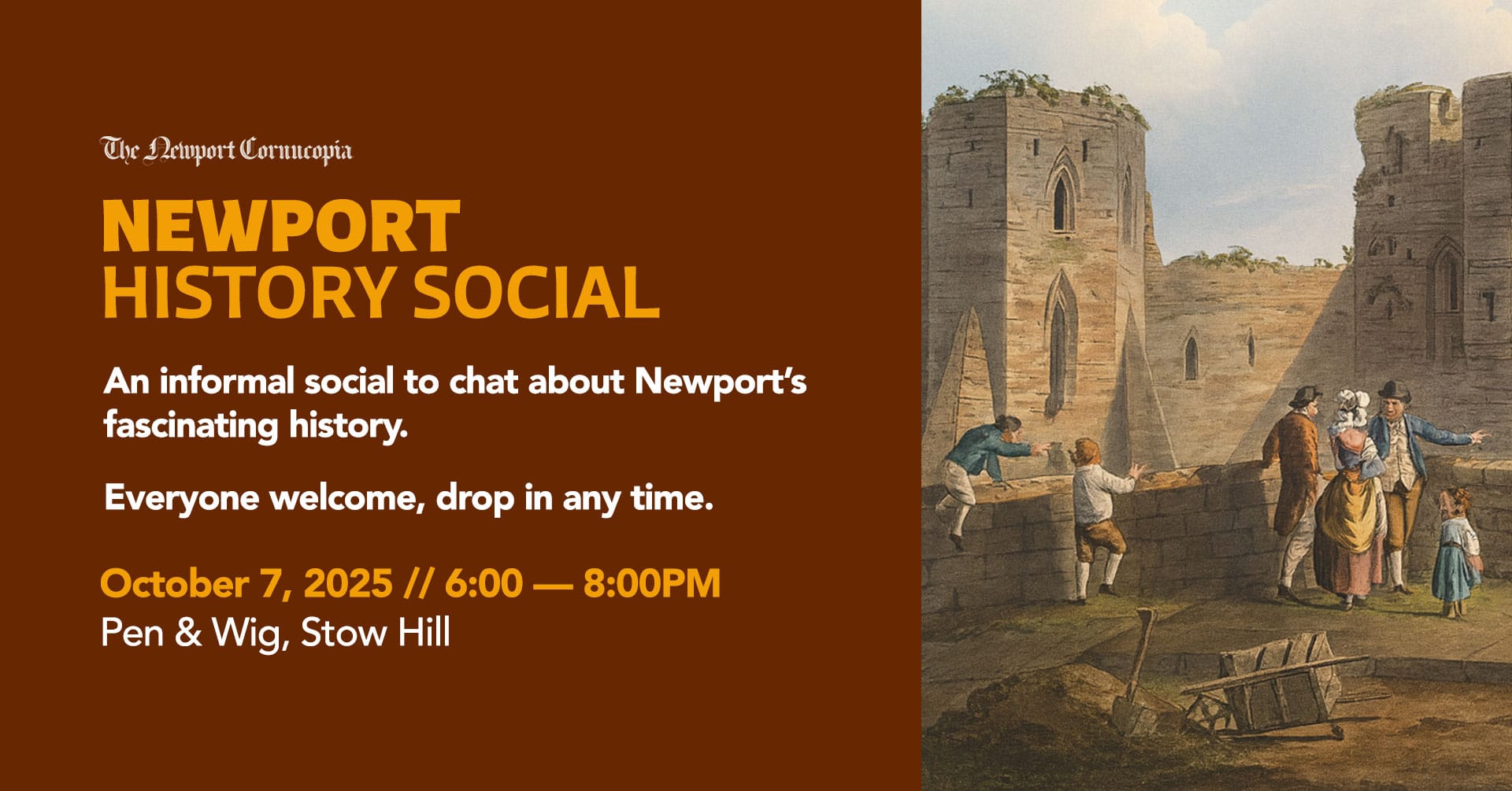

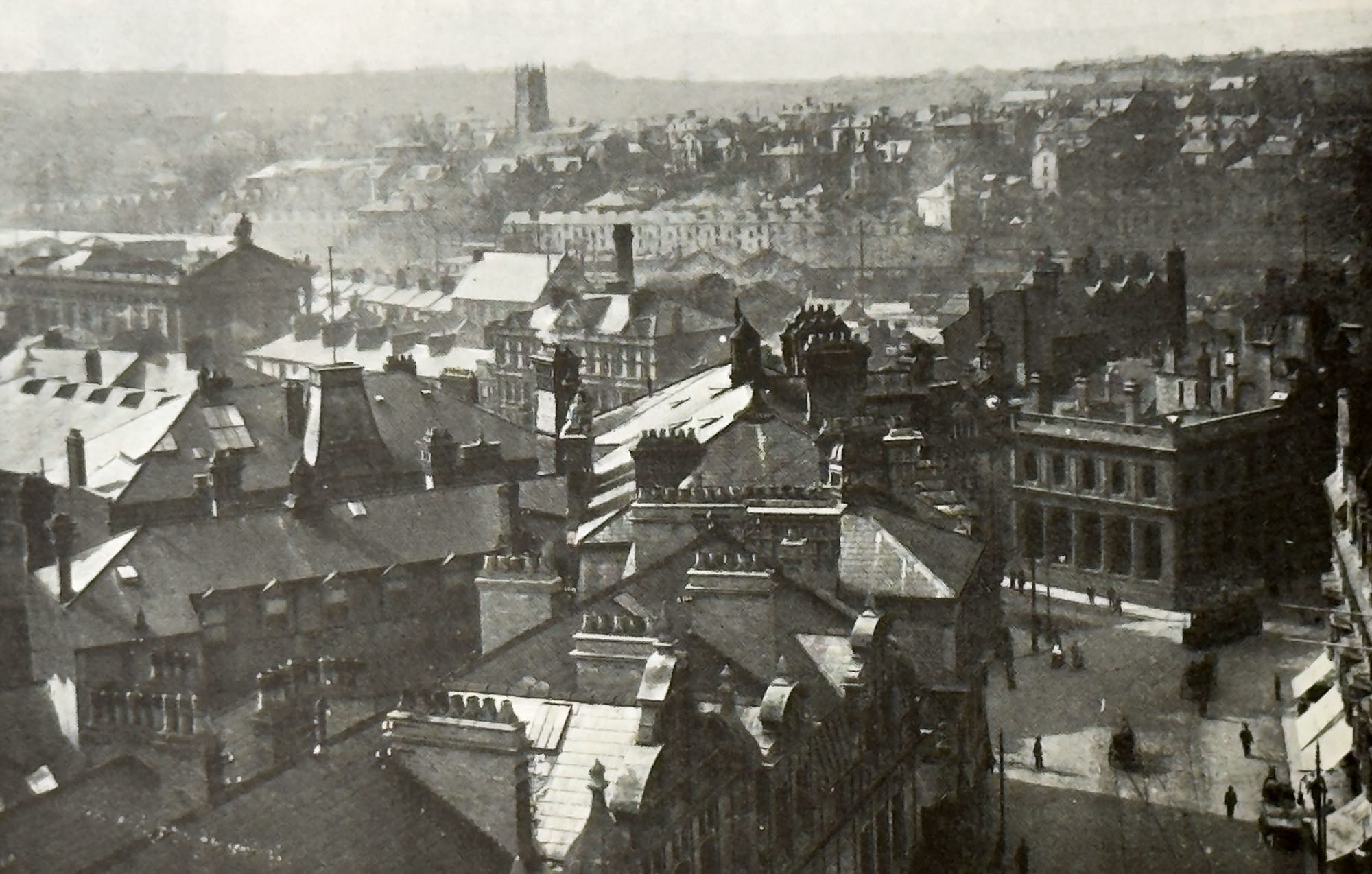
Magician at the Town Hall and Mesmerism at Williams's Large Room
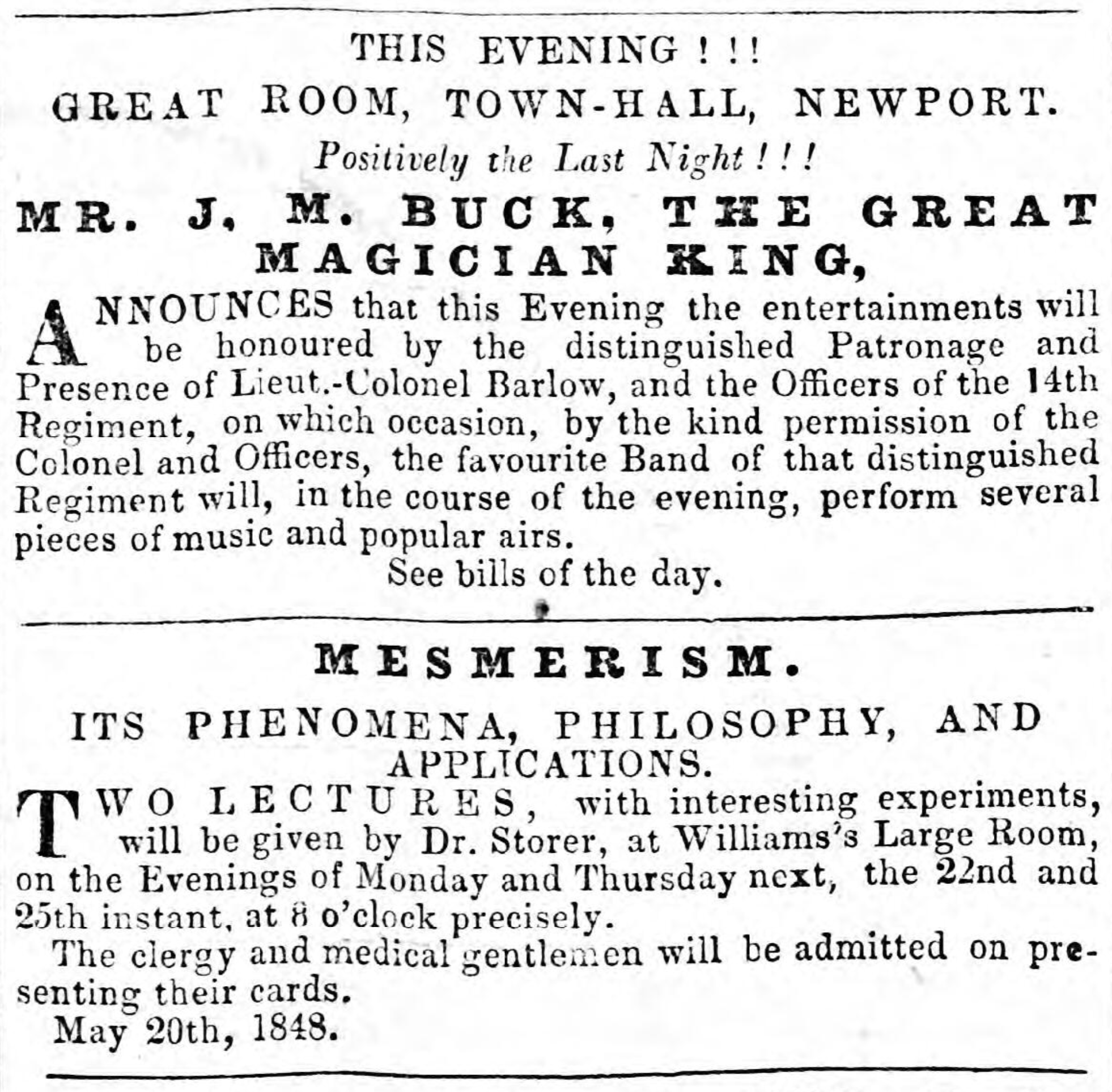
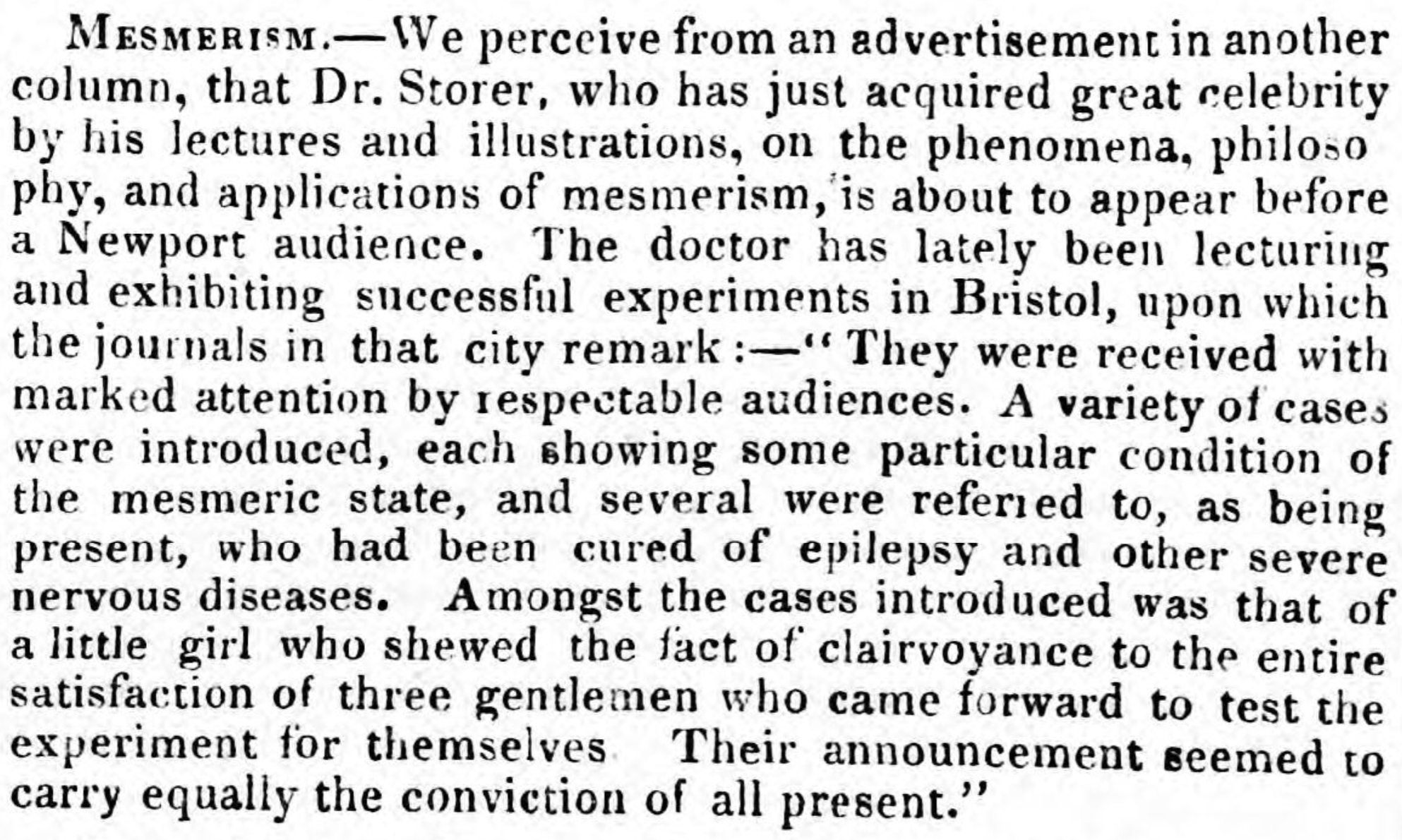


Skating Rinks for Newport
Newport bids fair to have a plethora of that highly popular and agreeable institution the skating rink. The proprietors of the Royal Albert Hall will probably be the first in the field as they announce the opening of the Hall for "rinking" purposes in about a fortnight's time. The Victoria Hall is also to be adapted as a skating rink, a company called the Victoria Skating Rink Company, having been formed. Yet another rink is in contemplation.
On referring to our report of the proceedings of the Newport Town Council the reader will find that Mr. Beynon, speaking on behalf of some one in London, wished to know whether the Council were disposed to sell a portion of the Friar's Fields for the erection of a skating rink, and aquarium, remarking that he could answer for it, that if the price were reasonable, the land would, be taken directly. If competition is the soul of business, as is sometimes asserted, there certainly ought to be a roaring business done in "rinking" at Newport.
— Monmouthshire Merlin, 16th November, 1877

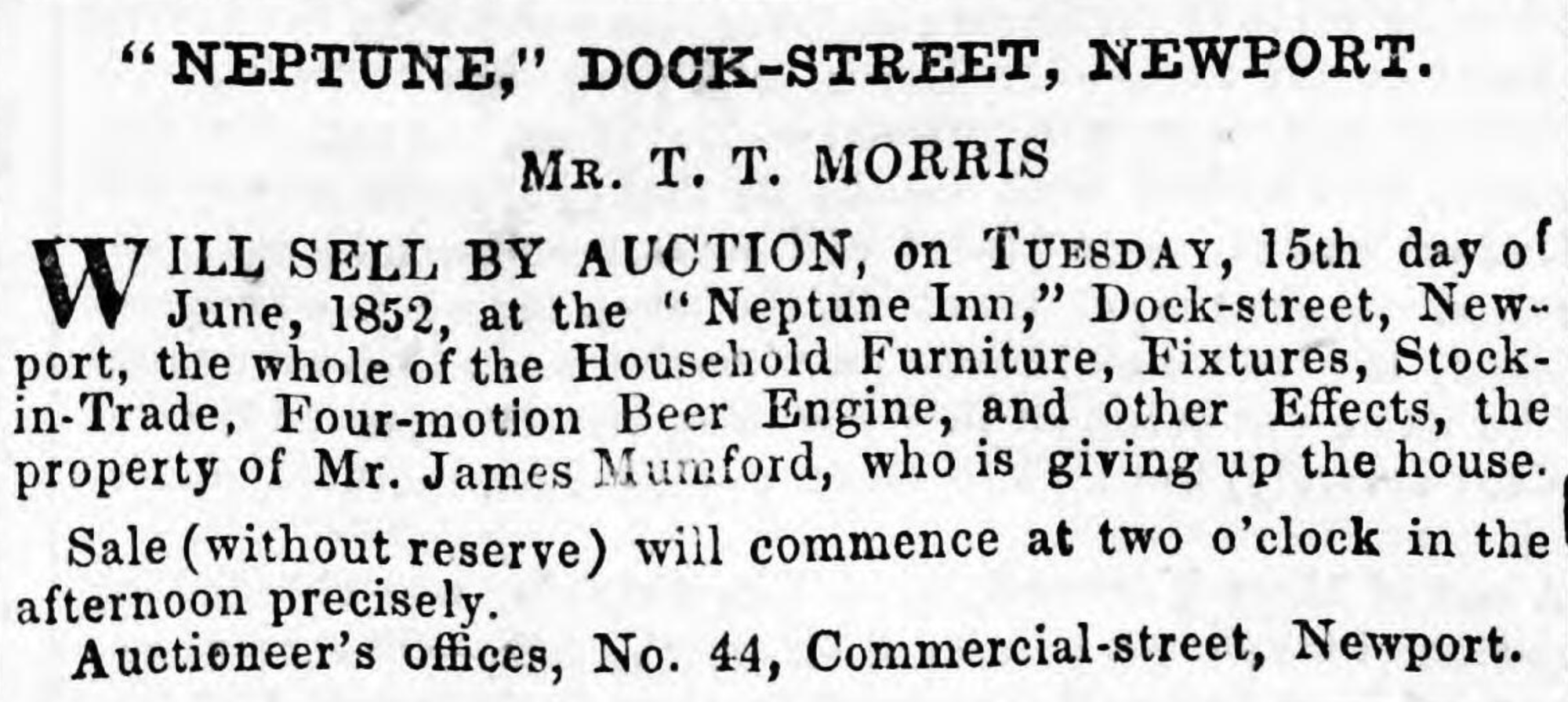

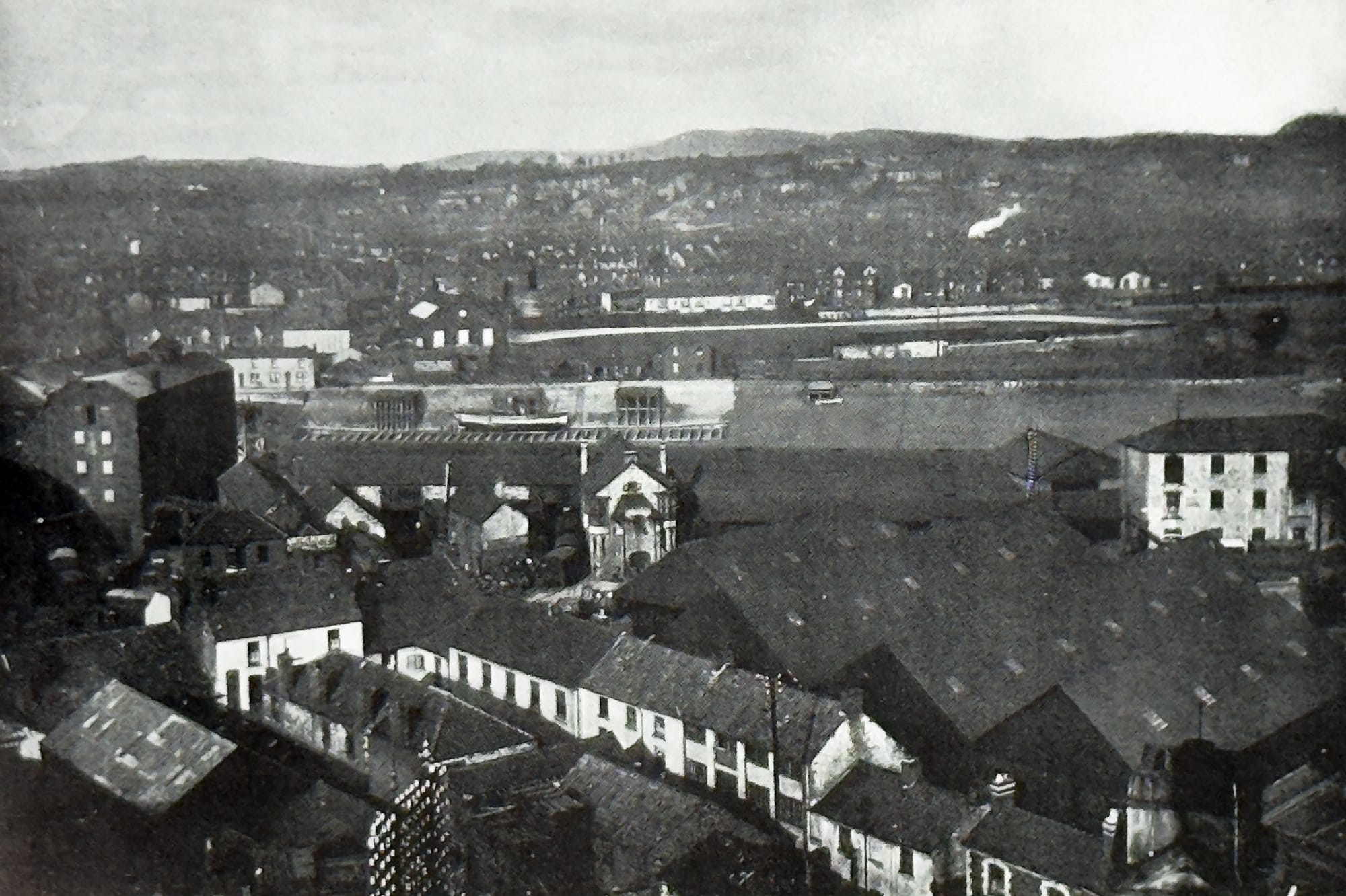


Go it, Bob
Francis Wilkes was charged with being a suspicious character, and assaulting the police in the execution of their duty. Supt. Huxtable stated that the prisoner was one of the gang of suspected characters who were laid hold of by himself, Sergt. Lloyd, and P.C. Boulston, on the night previously to the fair last week.
Two of them had been secured by hymself and Lloyd, after a desperate struggle, and the prisoner, who had cried out "Go it Bob," pitched into the constable warmly, knocked his hat off, kicked it about like a football, and struck the officer whenever he attempted to secure the hat or the prisoner. He consequently got off, and. was only captured on Thursday evening, having just previously been seen in company with three professed Bristol pickpockets. The prisoner now asserted vehemently, that he was not in Newport on Wednesday, as could be proved by his respectable friends in Bristol.
P.C. Boulston proved the assault upon himself, by the prisoner. Wilkes loudly protested his innocence, and inveighed against the wickedness of being taken care of in the station cell ever since Thursday. Fined 40s foi the assault, and in default of payment, was committed to prison for a month. No very great inducement for himself or his "respectable" young Bristol friends to visit Stow Fair next year.
— Monmouthshire Merlin, 11th June, 1852
Caution to Bush Houses at Fairs
John Crowley was charged with selling beer without a license, in the town of Caerleoo, on Caerleon Fair-day. It appeared that on the 1st of May, defendant kept a bush house, and sold beer. The defendant said it was a custom, and he thought he had a right to do so
The Bench said it was full time that it should be known that such a sale of beer was perfectly illegal, and that no person had a right to sell beer without a license, and fined defendant 20s, including costs; the Bench cautioned defendant and others that if cases came before them again after this caution, the magistrates would impose tbe full penally.
— Monmouthshire Merlin, 11th June, 1852
A Dinner Spoiler
Catherine Cochrane, whose personal appearance could not be her chief recommendation as a cook, sued Mr. Stocker pawnbroker, for wages. Defendant had paid 2s 6d into court and Mrs. Stocker proved that that sum was quite enough for the services of cook, the plaintiff, who had not only turned out a very lazy and dirty person, but had almost daily spoilt the dinner (laughter) — and instead of sending it up at two o'clock, always, kept it back till five; while tea was only ready at nine, instead of six.
Plaintiff: Och, thin, tis yerselves didn't know what good dinners was, if yer dislike the decent dinners I cooked for yer (Roars of laughter).
The Judge thought Mrs. Stocker had lated cook's services at a higher value than he should have done, in paying 2s. 6d. into Court. Judgment for that amount.
Plaintiff: Och, thin do ye think I'd be afthcr (sic) taking their dirthy (sic) half a-crown? I widdent (sic) be their cook for nine pounds a year, the omadhauns (sic)(Laughter.)
— Monmouthshire Merlin, 11th June, 1852
A Drop Too Much
John Pritchard v. Thomas Williams.
This was a claim for 12s. for beer, supplied personally in pints and quarts to defendant a good-looking young fellow, with a very humorous expression of countenance.
Defendant: Now I don't know whether this account is right or not — I never received a bill of particulars.
The Judge: That is no difference. — Proof of a supply of eight quarts on one occasion was given.
The Judge: Eight quarts! what! to one man? How drunk was he at the time? Plaintiff: Oh, he was not drunk with it.
Judge: But if it was supplied, to him when he was intoxicated, I shall not allow all.
Plaintiff: He was not tipsy. It was not too much for him. (Laughter.)
Plaintiff: Oh! not too much, eh? ( Renewed laughter.)
Judge: It was not a reasonable quantity for any man.—Proof of a supply of eight pints on one occasion was next given.
The Judge: Pints! that might be, now. Well, Thomas what have you to say to this long score?
Defendant: Oh, why I'm innocent, that's all.
Judge: Yes: I hope you are innocent; and perhaps so guiltless a person never ran up a score at an inn?
Defendant: I invariably pay as I go. (Laughter.)
Judge: Never had anything at the Red Lion on tick, eh?
Defendant, with comical gravity: No, never! I'm not man enough for eight: quarts at a time; and should be as drunk as a wheel with the eight pints. (Laughters)
Judge: Well, I'm afraid I must believe the evidence on oath of plaintiff and his wife: you must pay it in two instalments
Defendant: Well, if I'm guilty, I'm blowed if I musn't have taken a drop too much. (Renewed laughter.)
— Monmouthshire Merlin, 11th June, 1852
Going to the Fair
Charles Huntley was charged with assaulting Ann Huntley, his wife. Complainant told the tale very lucidly and briefly.
She said: Second of June, Charley came home. I said, "Well, Charley, I do hope you've spent Risca fair well."
He replied: If I have spent Risca fair well, I do mean to spend Stow fair. "Well," said I, "If it do suit you at the pay, it will me."
Then he says, "If you speaks another word, I'll knock your ——— brains out."
I says to him, getting up,
"If thee beest going to strike me, beat me like a man, and not like a boy."
Then he ups with his stick, and strikes me on the head; and when he was going to strike me again, my brother's daughter pushed him out of doors, and he didn't come back till next day.
Charley was fined £2 and costs, or, in default, six weeks imprisonment.
— Monmouthshire Merlin, 18th June, 1852
'Allowing Bad Characters in a Beer House'
Edmund Dallimore, "Welcome Home beer-house, Pillgwenlly, was charged with allowing bad characters in his house. Mr. Cathcart, who appeared for defendant, said Dallimore was too ill to attend. His wife was therefore present.
Superintendent Huxtable proved seeing, at half-past ten on the night of the 20th of April, women of ill-fame in the kitchen and other parts of the premises, with a number of sailors. Some of the females had been convicted as disorderly characters. The landlord had been convicted more than once.
Mrs. Dallimore said this was not true.
Mr. Rennie: Such persons are not allowed to walk the streets; and when in beer-houses, they are surely allowed to drink beer, if they pay for it?
The Superintendent: They may walk the streets, if they behave properly.
Mr. Cathcart: Surely, surely, Mr. Superintendent, this is no case.
The learned gentleman then warmly and forcibly addressed the Bench, in exculpation of his client. The Superintendent admitted that Mrs. Dallimore tried to turn the bad characters out, when he went in. Cautioned, and case dismissed, it being "rather slight."
— Monmouthshire Merlin, 13th May, 1853
Stealing Hay
John Price was charged with stealing hay in the parish of Christchurch, the property of Mr. J. Nicholas. P.C. 98 said that he found the prisoner in Duckpool-lane about 12.40 a.m. on the day in question.
There were three ricks of hay belonging to Mr. Nicholas, timber merchant. Saw prisoner walking away from the ricks in question with a bag on his back upon discerning witness he turned back. Witness walked to the gates, and as soon as prisoner saw him he ran away, having flung the bag down. Caught him, when he struck witness, and he tried to trip him up. They went back together, and opened the bag, which contained a quantity of hay. Prisoner tried to get away, but ultimately he got him to the gate, and took him to the station.
Afterwards returned to the rick with Inspector Sheppard, and found the hay to correspond with that found in the prisoner's bag. Stephen Pullen said he was managing clerk to Mr. Nicholas, who occupied a field near Duckpool. In that held there were two hay ricks, his (Mr Nicholas's) property. Mr. Nicholas had instructed him to say he did not wish to press the charge against prisoner.
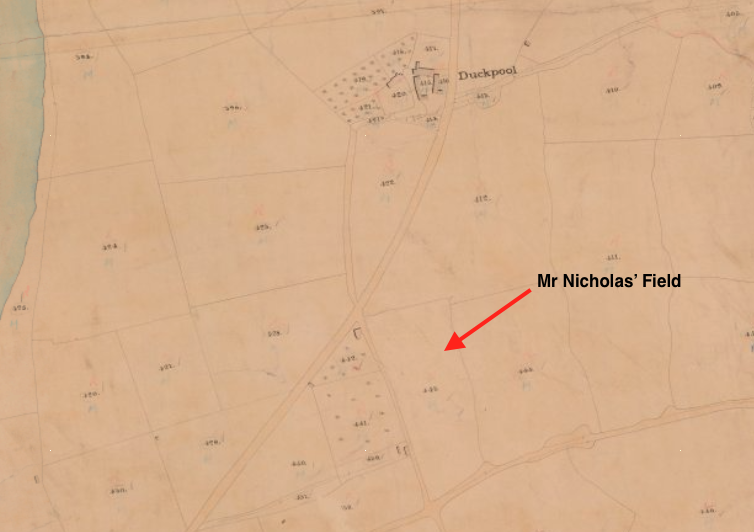
The Bench asked what reason Mr Nicholas could assign for not pressing the charge. Witness replied that he believed it was because prisoner had a large family. Prisoner preferred that the Bench should decide the question, and begged their Worships to be lenient, as he was a member of a club, and if they inflicted any other punishment than a fine for trespassing he should lose lis per week which was paid from a club.
The Chairman observed that he would have to be thankful to Mr. Nicholas for the lenient sentence they were about to indict. He would be imprisoned for one day.
— Monmouthshire Merlin, 4th December, 1869

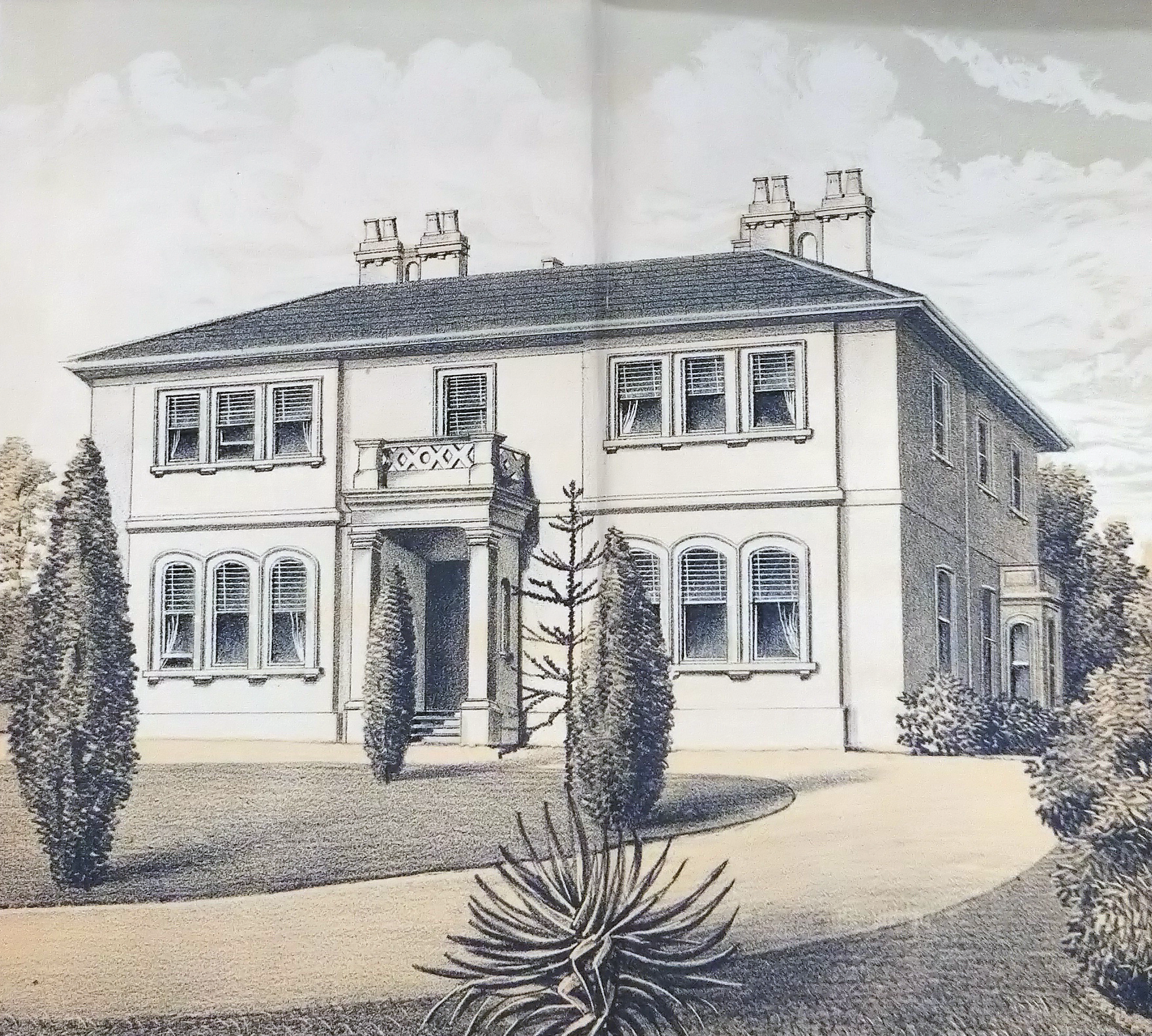

Housewarming Dinner
On Tuesday evening, Mr. Benjamin Baker, host of the old-established Bush Inn, and Devonshire House, Commercial-street, to which he has recently removed from the Market Tavern, held his housewarming dinner, to which about fifty gentlemen sat down, under the able presidency of Mr. Henry Sheppard, provision merchant, and vice-presidency of Mr. John Jenkins, landlord of the Crown Hotel.
The dinner comprised game and capital joints, and the wines were of excellent vintage. A right merry evening was spent; songs were sung in good style; speeches of great merit, on matters of local import, were delivered and toasts were pledged with true hilarity. The health of Mr. and Mrs. Baker, given in a very neat style by Mr. West, elicited vehement applause and the toast, wishing the new host all the prosperity he desired for himself, having been pledged in bumpers, Mr. Baker responded in a very suitable speech.
The festive proceedings were kept up with unflagging spirit, till "the wee small hour ayont the twal" (sic), when all retired to their own homesteads in a pleasant mood.
— Monmouthshire Merlin, 20th November, 1850

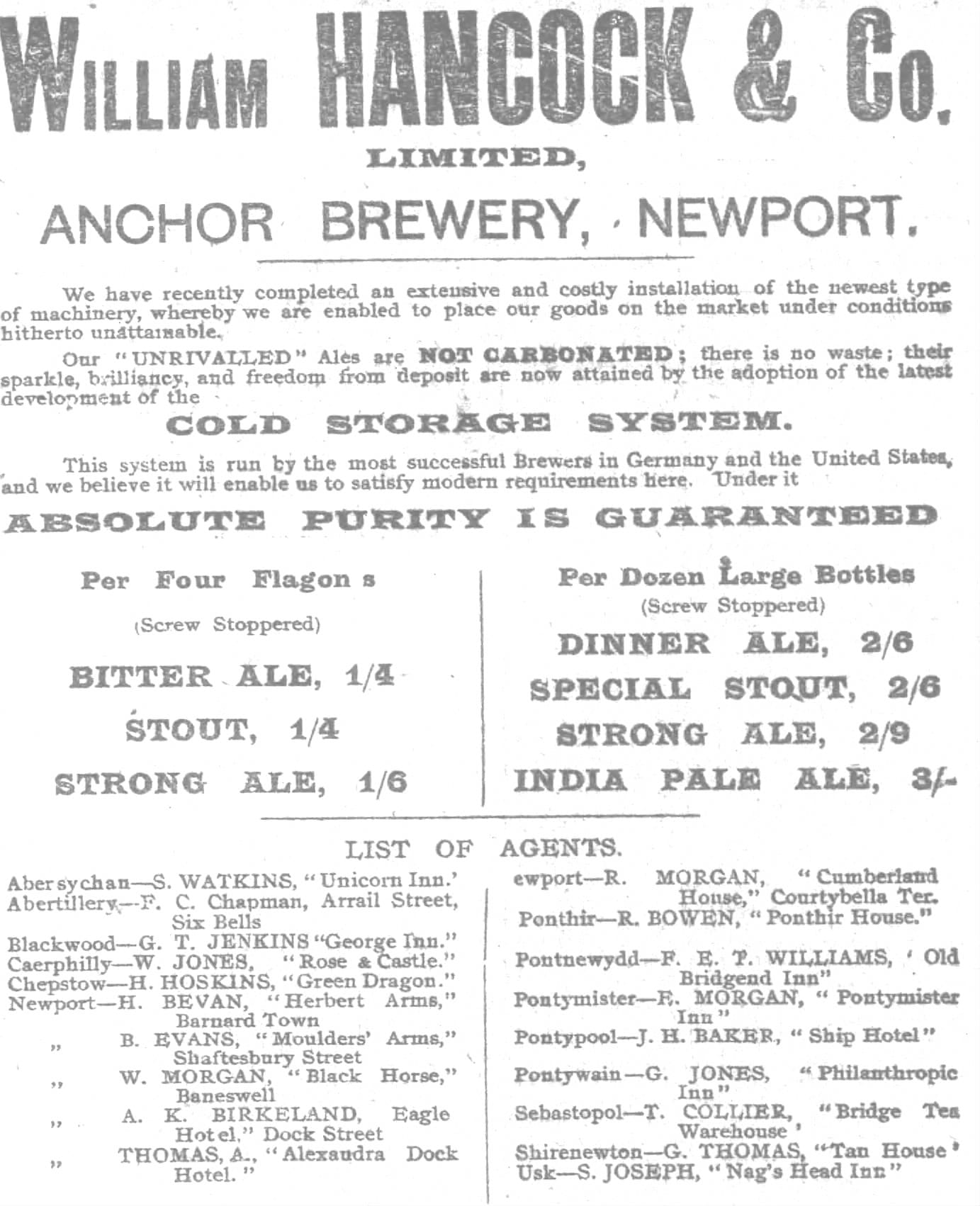

Richmond House, Clytha Square
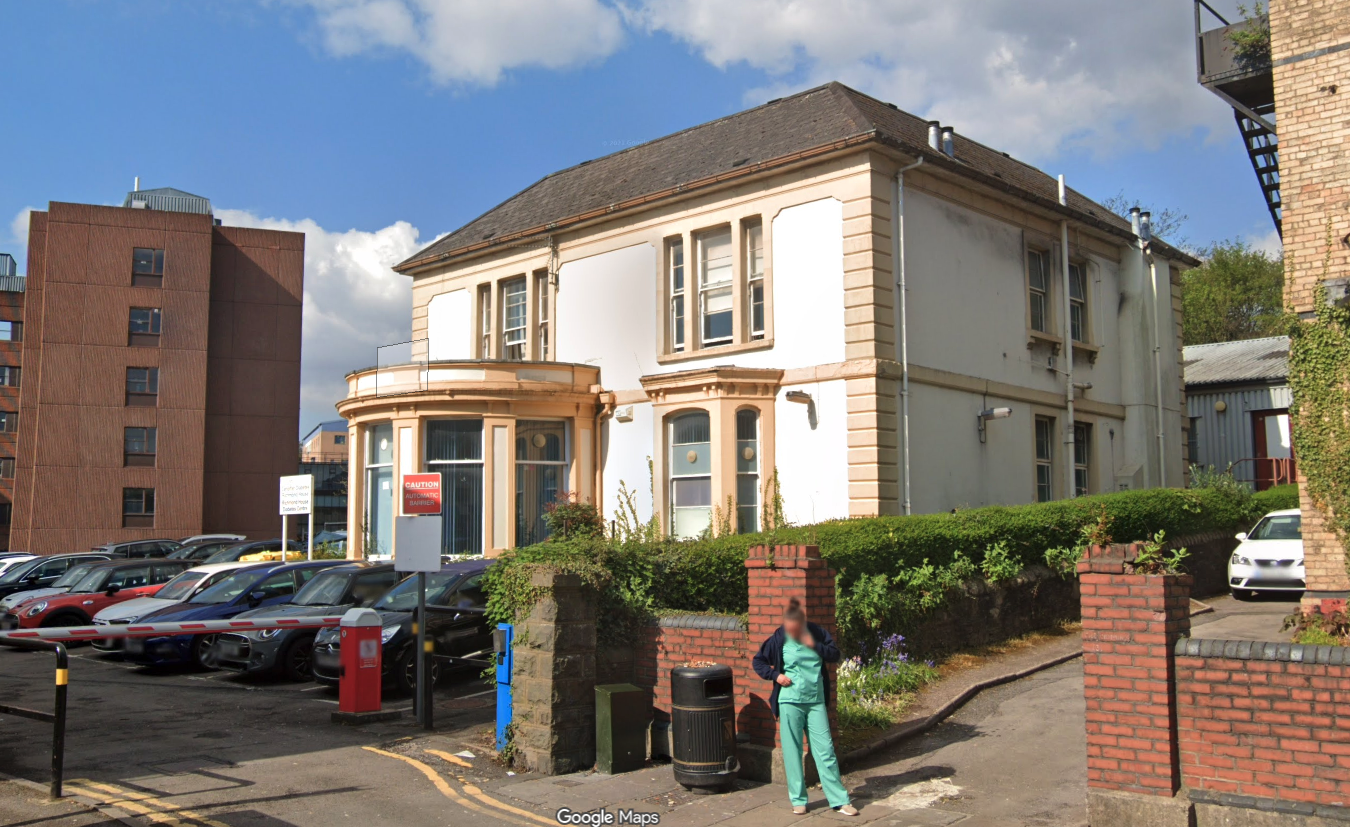
Richmond House in the top left corner of Clytha Square is currently used as a diabetes centre but back in December 1869, plans submitted by Mr Theophilus J. Beynon for a new villa were approved. Based on it being approved late in 1869, the house may be dated to 1870.
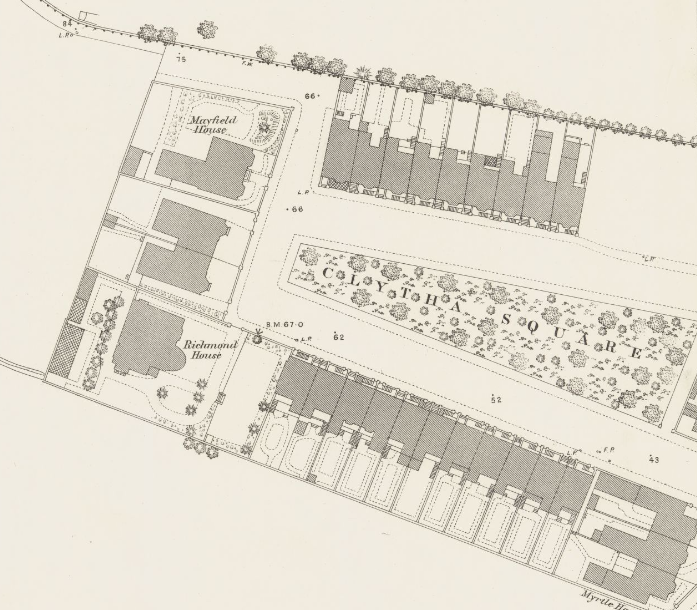
Mr T J Beynon was one of the first directors of the Argus newspaper, served as a JP and was the head of T Beynon and Co shipowners and colliery agents of Newport and Cardiff.

He also served on Newport Council and was Vice Chairmen of a 'Model Lodging House' on the corner of Corn Street which is still there today.
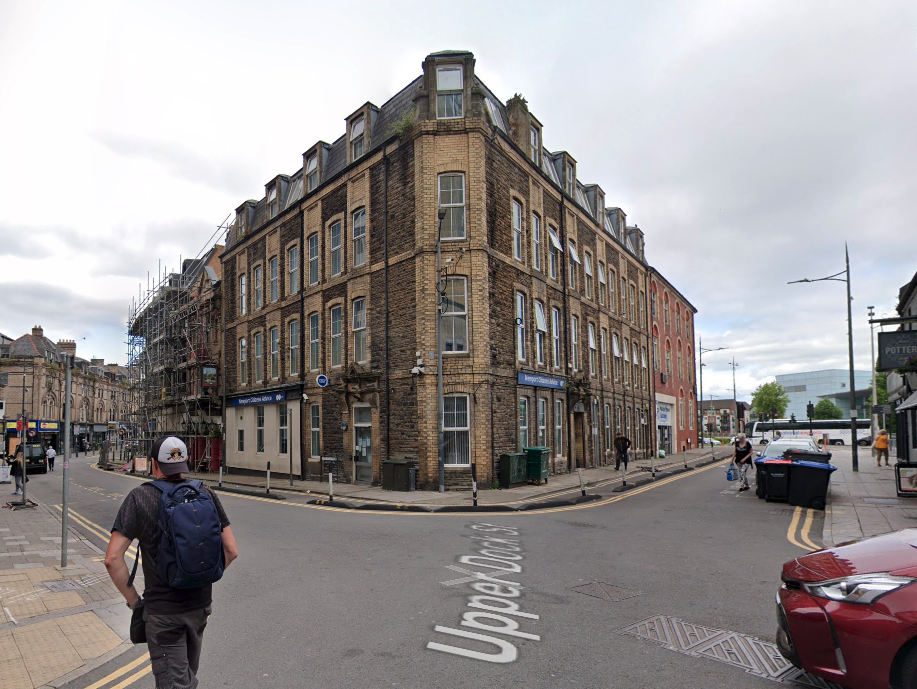

Peggy Pryde at The Empire
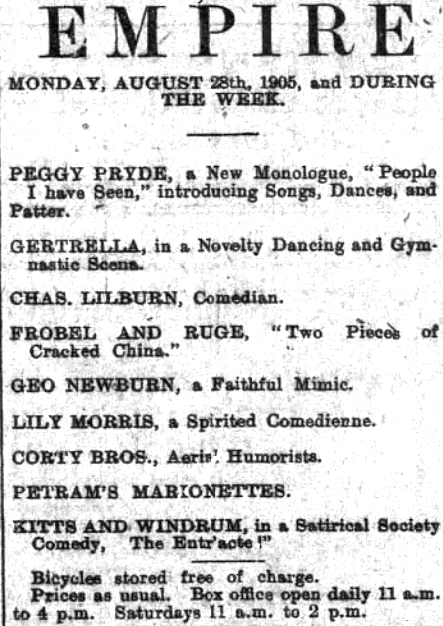
At The Empire on 2nd September, 1905 was Peggy Pryde who was performing 'Songs, Dances and Patter'.
Peggy Pryde (born Letitia Matilda Woodley, 1867–1943) was a British music hall performer and daughter of celebrated singer Jenny Hill. Making her debut as a child in 1877, she built a career in pantomime and variety, appearing in leading halls across Britain and touring the United States in the early 1890s. Known for her lively, serio-comic style, she became a well-established favourite on stage, performing alongside stars such as Dan Leno and Fred Terry. By 1905, when she appeared in New York, Pryde was an accomplished international performer with nearly three decades of stage experience.

Improvements in Buildings
In addition to the tasteful residences lately erected by Mr. Henry Bolt, builder, on the Chepstow road, forming the range called Bolton Place, we learn that he is about to erect a handsome house upon a piece of land contiguous to the others. It is intended to be of the Elizabethan style, and replete with all the requisites of a commodious family dwelling. This, with numerous other mansions which we trust to see progressively rising upon the skirts of the Chepstow road, will prove an additional adornment to the pleasing scenery of that locality.
— Monmouthshire Merlin, 20th November, 1850

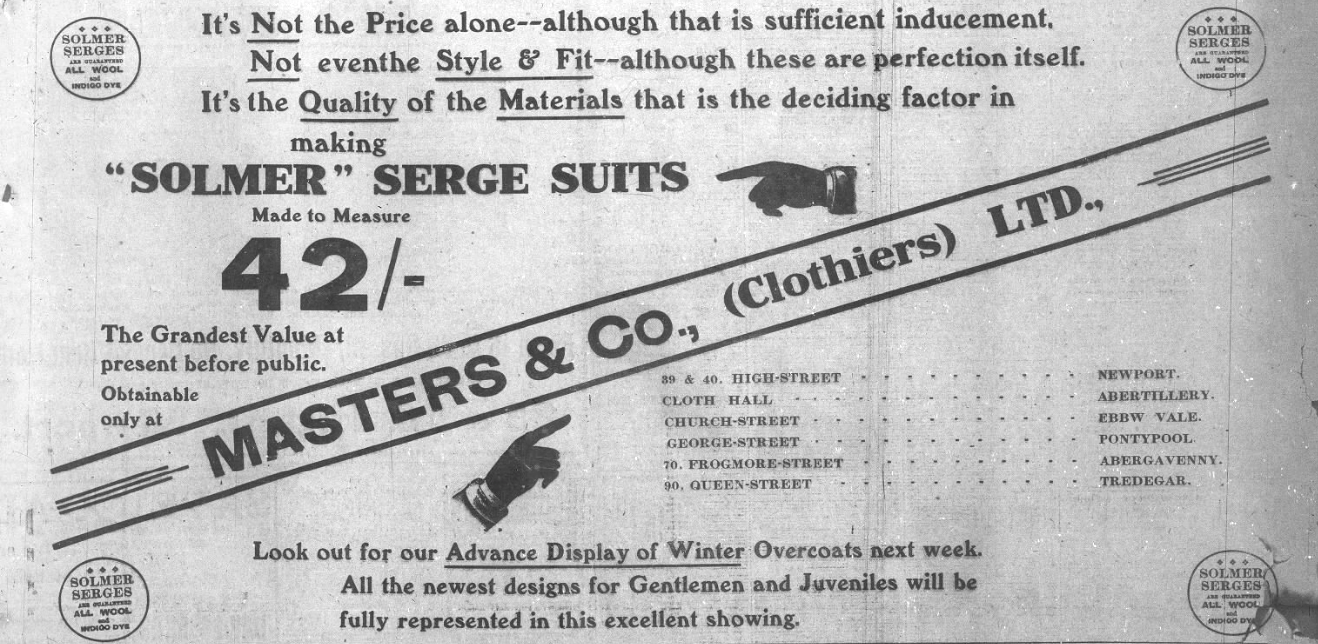

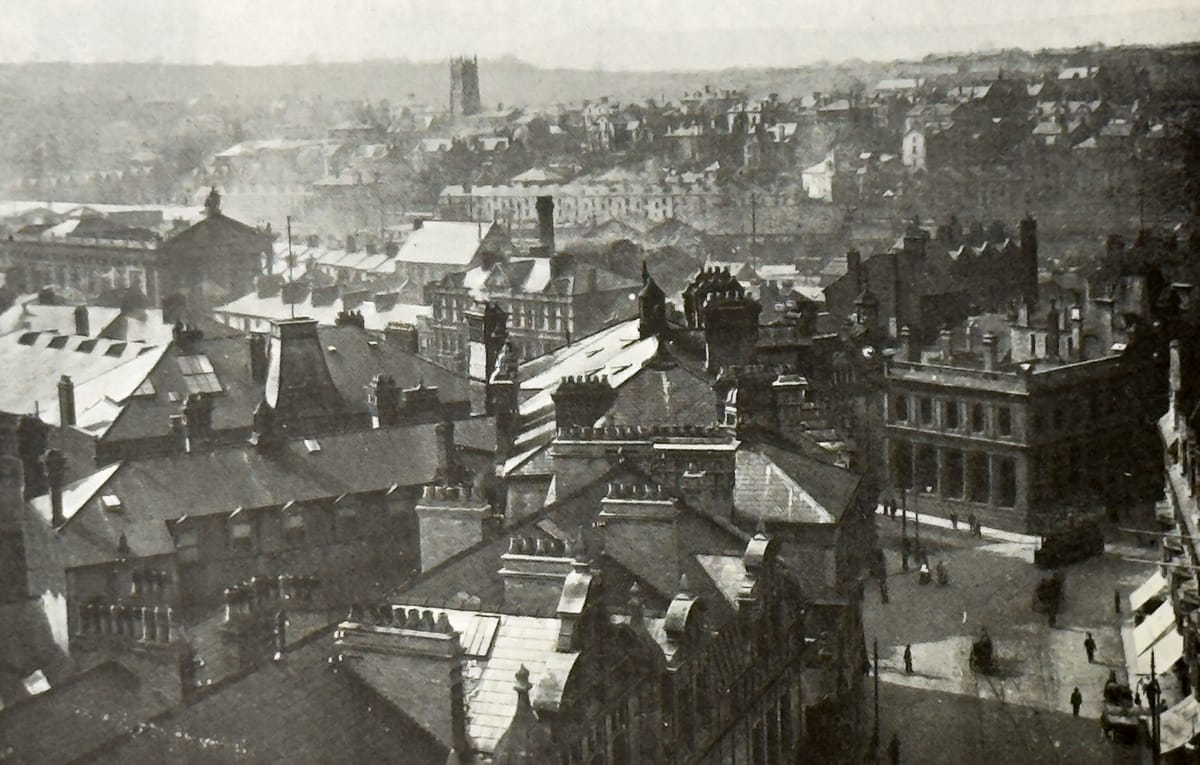
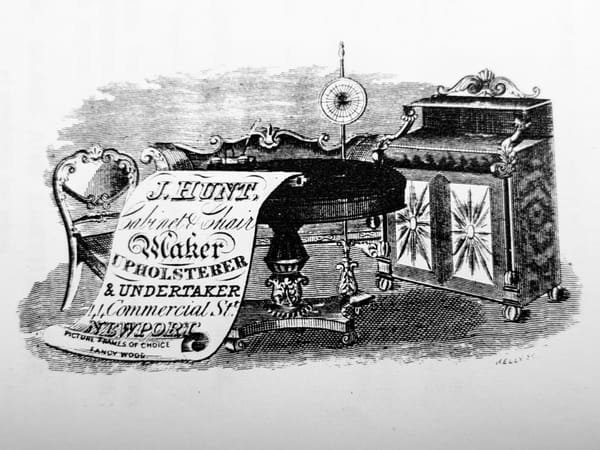
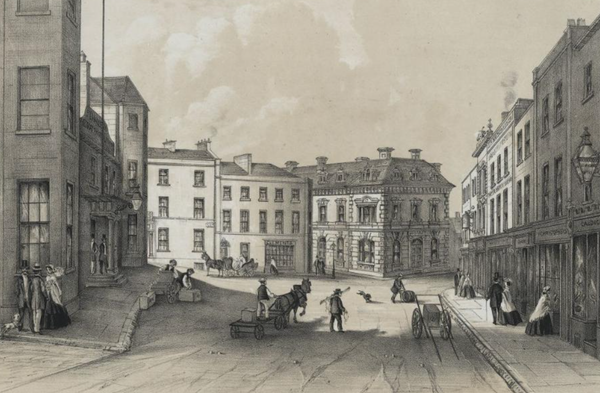
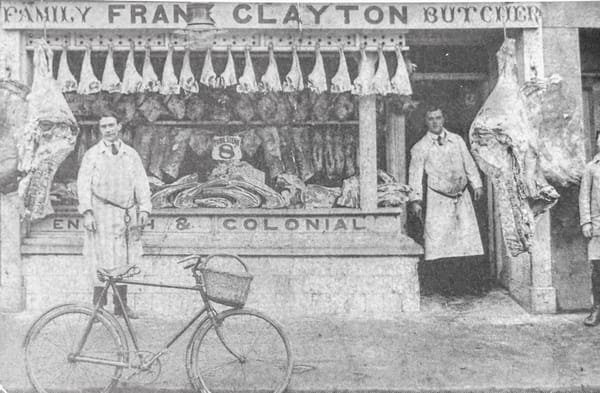
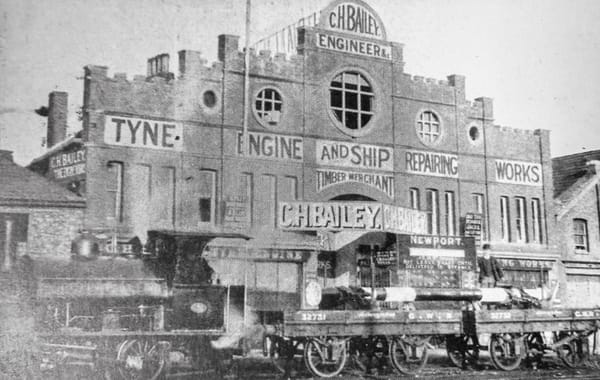

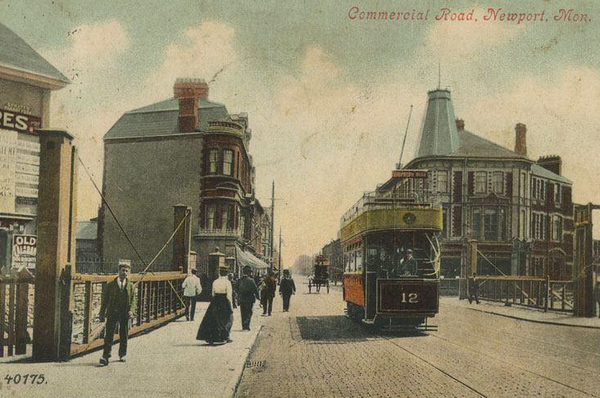
Member discussion